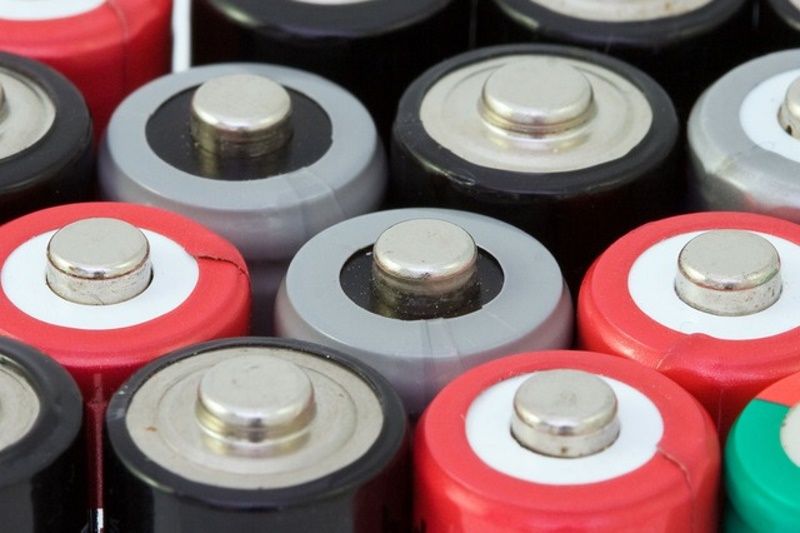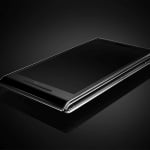
In a step closer to self-reliance to satisfy defence necessities and to reduce the dependence on imports, in particular from China, India is ready to produce its first lithium ion (Li-ion) battery.
The relevant Electrochemical studies Institute (CECRI), Karaikudi in Tamil Nadu, has set up the first indigenous Li-ion fabrication facility that has programs in defence, solar powered gadgets, railways and different high end usages. the power is to start business stage production in months.
“it’s the primary time that we are able to have our personal era and capacity to produce Li-ion batteries locally. this would help in reducing charges as well as our dependence on the overseas market,” professor Vijayamohan ok. Pillai, CECRI Director, advised IANS. CECRI is a part of the Council of medical and industrial studies (CSIR).
“In two months we can achieve capability to produce as a minimum a hundred batteries in a day at our lab,” he introduced.
Over 33 billion Li-ion batteries are used globally. China, Japan, South Korea, Taiwan and some Western international locations are the essential manufacturers of lithium ion batteries. India has a billion users of lithium ion batteries, typically used in mobiles and laptops.
CECRI has also invited buyers for mass manufacturing.
consistent with experts, mass production of indigenous Li-ion batteries might lessen the fee manifold compared to the imported batteries.
“Imported batteries are very steeply-priced. The home programme can deliver the rate down”.
For now, 100 percent of Li-ion batteries or cells are imported.
“some buyers have already shown hobby. A Canada-based NRI is inclined to put in a plant in India. On June three, we have (former DRDO chief) V.okay. Saraswat travelling our fabrication facility. His go to gives desire for good investments,” Pillai stated.
The CECRI generation includes solution for a four hundred mAh (milliampere hour) battery to strength sun lanterns. the other versions have distinctive consumer-stop abilities, including heating electricity gear and people utilized in firing torpedoes, for which India procures batteries from France.
“The utility is likewise for railway lighting fixtures and signalling, for which Indian Railway majorly makes use of lead acid batteries that are polluting. Railways additionally use Li-ion batteries which might be imported and highly-priced,” Pillai said.
but, domestic manufacture of Li-ion batteries for laptops and cellular phones still seems dream.
“For laptops and mobiles, we’ve got a long manner to head. although there may be a plan, we must remember the fact that we for now don’t have that sort of understanding here and depend on China, Japan and Taiwan. they have numerous years’ head-begin,” stated Pillai.
He brought that even if India produces its personal Li-ion batteries for laptops and mobiles, “we can now not be capable of justify the fee”.
Beside Li-ion, to cope with India’s ambitious easy electricity programme, CECRI is likewise working on indigenous “zinc bromide redox waft battery”, with goal capability of 500 Watts.
“that is for the grid level garage of energy harnessed from solar and wind power. The target is 2022. however, we are able to have some thing to reveal via two years,” stated Pillai.










